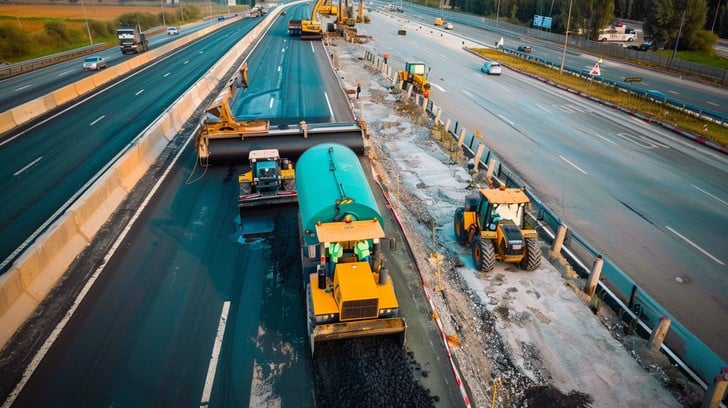The quality of road construction is critical to the economic and infrastructural development of any nation. The IRC:SP:57-2000 code, published by the Indian Roads Congress (IRC), provides detailed guidelines for establishing robust quality systems to ensure the safety, durability, and efficiency of roads. This code outlines a structured approach for road construction, covering design, materials, workmanship, and quality assurance.

The IRC:SP:57-2000 guidelines emphasize a comprehensive quality system for road construction projects. The document integrates internationally recognized standards like ISO-9000 into its framework to enhance the reliability and global competitiveness of Indian road projects. Below are the major components outlined in the code:
The code defines quality as the totality of features that satisfy stated or implied requirements. It encourages a systematic approach to:
To address varying project complexities, the code prescribes four classes of QA:
The code emphasizes the importance of:
The code covers every phase of construction, focusing on:
The guidelines recommend:
To streamline quality management, the code includes templates for:
Adhering to IRC:SP:57-2000 offers numerous advantages:
The IRC:SP:57-2000 guidelines are an essential resource for road construction stakeholders, including contractors, consultants, and government authorities. By implementing these guidelines, organizations can ensure the delivery of safe, durable, and high-quality roads that meet international benchmarks.
RoadVision AI is revolutionizing road infrastructure development and maintenance with its innovative solutions powered by computer vision AI. By leveraging advanced technologies, the platform conducts comprehensive road condition monitoring and traffic surveys, enabling early detection of surface issues like potholes and cracks for timely repairs and enhanced roads. Through traffic congestion analysis, RoadVision AI provides data-driven insights to address traffic congestion challenges and optimize road usage. With a focus on building smarter and more efficient road infrastructure, RoadVision AI ensures full compliance with IRC Codes, helping engineers and stakeholders reduce costs, minimize risks, and improve road safety and transportation efficiency.